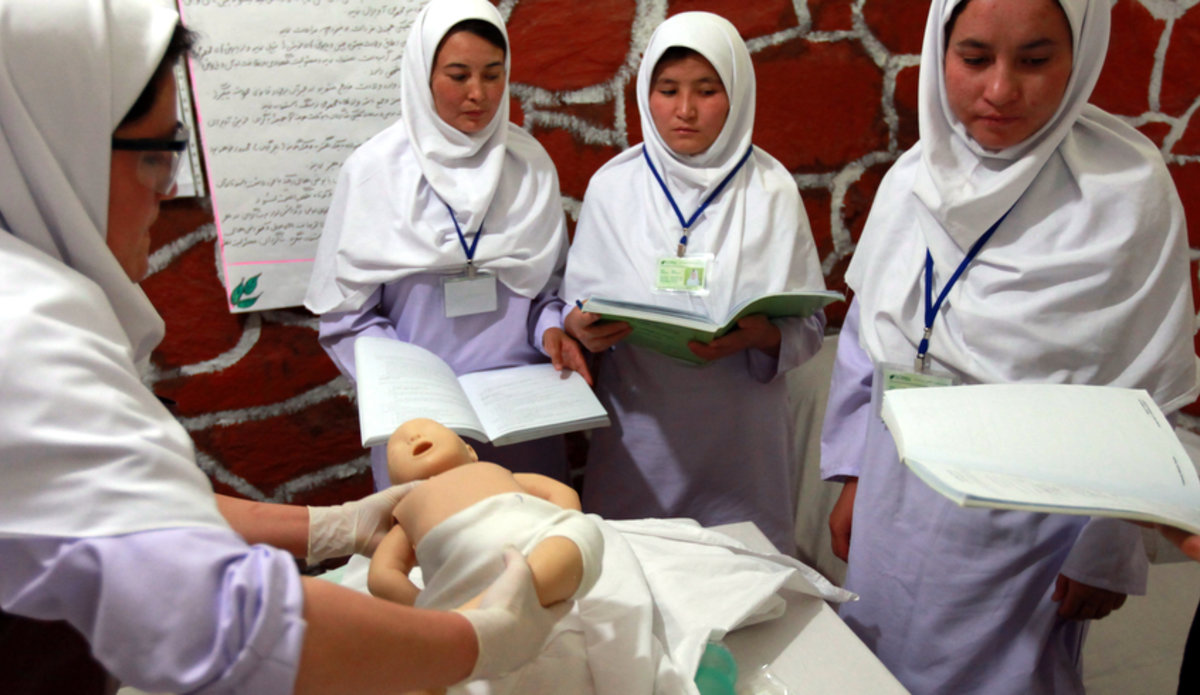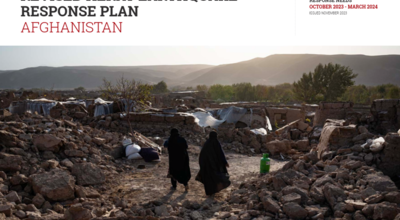UN-backed event highlights importance of Afghan midwives
KABUL - To discuss the critical role of midwives in a country where one in every 50 women dies from pregnancy-related causes, the United Nations and its partners in Afghanistan today marked the International Day of the Midwife (IDM).
"The role of midwives is valuable in the implementation of strategies and programmes to improve the health of mothers and their families," said the Deputy Minister of Public Health, Dr. Najia Tariq, at the conference held in Kabul.
Speeches delivered at the event, organized by the Afghan Midwives Association and the Ministry of Public Health with the support of United Nations Populations Fund (UNFPA), were presented according to this year’s theme for IDM: ‘midwives for a better tomorrow.’
Although Afghanistan has made substantial progress in midwifery, especially with the maternal mortality rate decreasing during the past 15 years, there is a long way to go. In 2002, only 467 midwives served the country; today that number increased to 4,600.
"To further strengthen the midwifery profession, standards of the midwifery practice must be regulated and upheld and recruitment and retention policies enhanced,” said the Country Representative of UNFPA, Dr. Annette Sachs Robertson. “Most importantly, there is a need for additional community midwives in the most inaccessible areas.”
The Deputy Minister of Women's Affairs, Sayeda Muzhgan Mustafawi, the Chief Executive's Advisor for Youth and Women's Affairs, Habiba Surobi, and representatives of Afghan Government, parliamentarians, as well as representatives of national and international organizations attended the event.
IDM is celebrated around the globe on 5 May to highlight the work of midwives. Every year more than 287,000 women and three million infants around the world die as a result of preventable pregnancy- and childbirth-related complications. Experts say most of these deaths would be prevented if there were sufficient qualified and adequately resourced midwives.
 UN
UN








